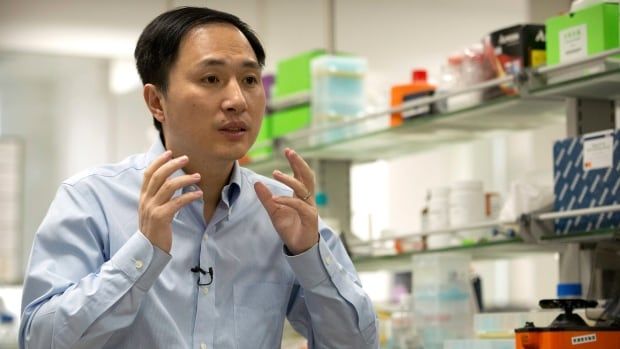Dec 13, 2018
Steph Curry says moon landing comments were a joke, but he will take NASA up on its offer of a tour
Posted by Michael Lance in categories: humor, law, space travel
NBA superstar Steph Curry said he was kidding when he said he doesn’t believe humans landed on the moon.
“Obviously I was joking when I was talking on the podcast,” the Golden State Warriors guard told ESPN on Wednesday. “I was silently protesting how stupid it was that people actually took that quote and made it law.”
While appearing on an episode of the podcast “Winging It,” which posted Monday, Curry asked fellow NBA players Vince Carter, Kent Bazemore and Andre Iguodala “We ever been to the moon?”

















